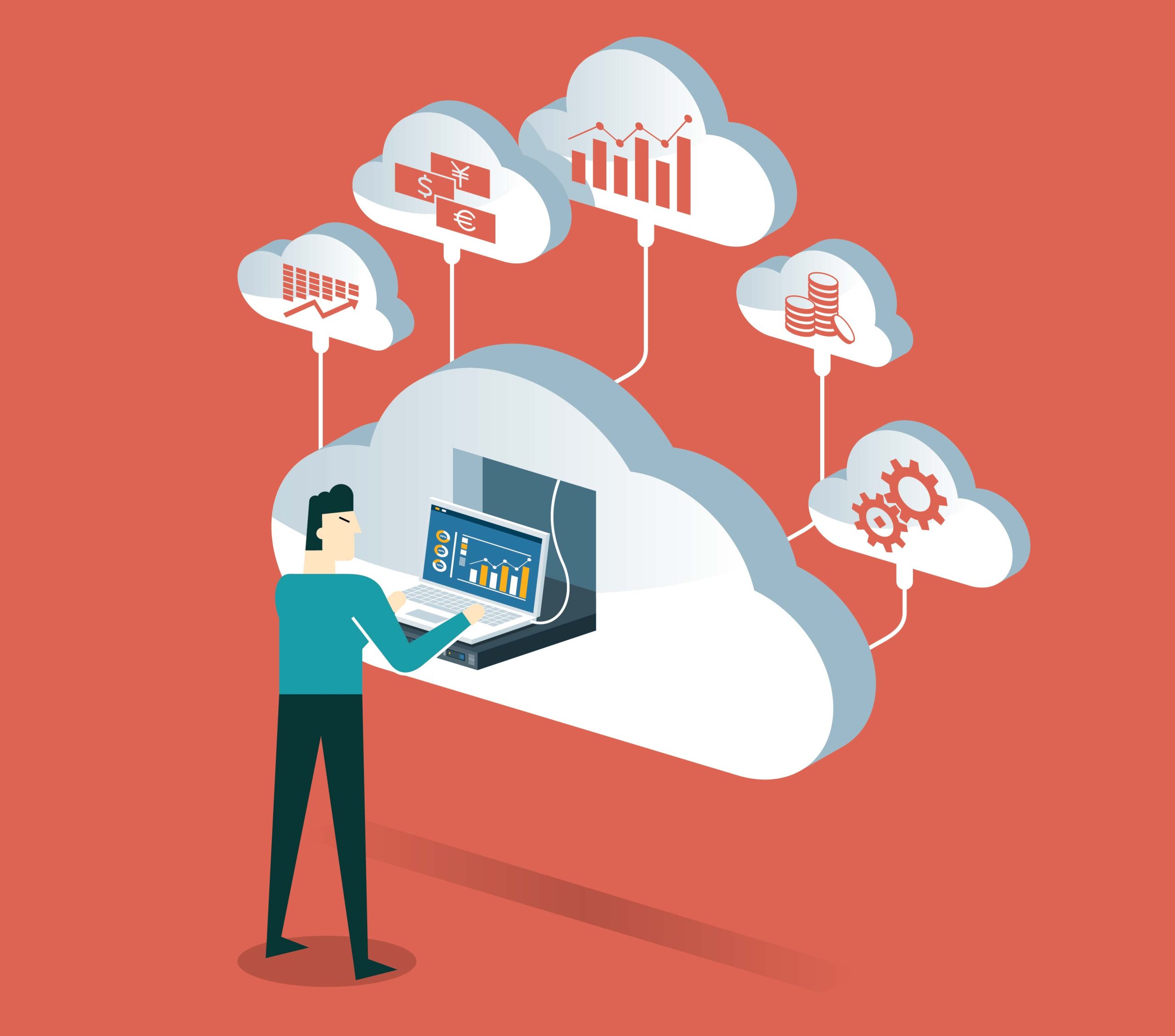When you’re doing the usual spring-cleaning chores like dusting, vacuuming, and donating old clothes, your financial literacy and wellness are probably the last few things on your mind. Financial literacy is the ability to understand and manage your personal finances efficiently. It promotes financial wellness and helps you feel confident with your money and long-term financial goals.
According to the National Financial Educators Council, nearly 40% of American adults said that their lack of financial literacy cost them $500 in 2022. As April marks Financial Literacy Month, spring is an excellent time to dust off your financial skills and strengthen your financial literacy by budgeting, establishing an emergency fund, and being in control of your debt.
Disclaimer: The following is not financial advice.
Budgeting

Budgeting is the key to effectively managing your money and a step in the right direction to achieve financial wellness. Often, you can find financial tools through your Employee Assistance Program that can help you with budgeting such as a free personal budgeting template.
If you do not have access to an EAP, you can use a spreadsheet or find a template online. The first step is to track your income and expenses for a month, which will give you a clear picture of your spending habits.
Once you have a good idea of where your money is going, you can start to categorize your expenses and create a budget that reflects your financial goals. Remember, budgeting is a skill that takes practice, so don’t be afraid to adjust along the way until you find a system that works for you.
Emergency Fund
Did you know that nearly 60% of Americans cannot afford an emergency expense of $1,000?1 Saving seems like one of life’s basic skills at first glance, but it may be especially difficult in today’s economy. It’s important to remember that you don’t have to save up all your savings at once. Instead, you can start with a small goal to help you reach your long-term financial goal, such as putting enough away just enough for an important recurring bill.
How much to put in your emergency fund depends on your financial needs, but keep in mind how expensive emergency medical bills can be. Also, putting your emergency fund into a high-yield savings account with a high interest rate is a great option as the account will accrue interest over time.
Debt
Unfortunately, debt is not something you can ignore forever. Not only can it affect your credit score, but it will also increase the longer it’s on the backburner and in some cases can result in a lawsuit against you. While debt might seem invisible as it isn’t always an immediate threat, it can hurt your chances of being approved for loans such as auto loans or a mortgage.
You don’t have to pay off all your debt to be financially literate, instead, it’s important to be aware of it and have the knowledge of how to manage the debt. This is where your budget can come in handy to see how much of your debt you can afford to pay each month. Consolidating debt is a popular strategy, and several resources on the internet help you if you choose this option.
The basis of financial literacy is knowledge; knowledge can go a long way regarding finances. Although the financial world can be confusing, understanding how your finances work is of utmost importance. Everyone’s financial situation is different, and what might work for one person may not fit you.
This financial literacy month, practice creating a budget, putting money away in an emergency fund, and crafting a plan to tackle debt. We are all students of financial wellness, but it’s essential to raise awareness of your economic life to be financially prepared for unexpected expenses. Your financial security, financial freedom, and financial health can affect other aspects of your life, so it’s essential to have these three components always taken care of.
Be sure to follow us on LinkedIn, Twitter, and Facebook as well as our blog for the latest Higginbotham Public Sector updates.
[1]: https://fortune.com/recommends/banking/57-percent-of-americans-cant-afford-a-1000-emergency-expense/
